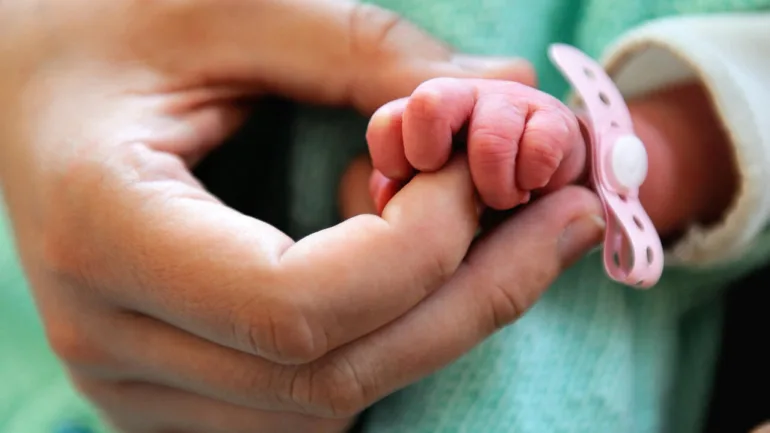Eight healthy babies have been born in the UK through a pioneering IVF technique that significantly reduces the risk of passing on debilitating genetic diseases from mother to child, according to the results of a world-first trial published on Wednesday.
The findings, published in the New England Journal of Medicine, mark a major breakthrough in reproductive medicine and raise new hope for women carrying mutations in their mitochondrial DNA—mutations that can lead to incurable and often fatal disorders.
Mitochondrial diseases, which affect around one in every 5,000 births, can cause a wide range of symptoms, including muscle wasting, vision loss, and diabetes. Currently, no cure exists.
In 2015, the UK became the first country to legalize a specialized form of IVF known as mitochondrial donation therapy. The technique involves replacing the mother’s faulty mitochondrial DNA with healthy mitochondria from a donor egg. The resulting embryo contains nuclear DNA from the mother and father, and a small amount—less than 0.1%—of DNA from the donor. Despite public references to “three-parent babies,” scientists emphasize that the donor contribution is minimal.
Successful trial, promising outcomes
Of the 22 women who underwent the treatment at the Newcastle Fertility Centre, eight babies were born — four boys and four girls — who now range in age from under six months to just over two years. The trial revealed that in six of the babies, the level of mutated mitochondrial DNA was reduced by between 95% and 100%. In the remaining two, levels were reduced by 77% to 88% — still below the threshold that causes disease.
All eight children are currently in good health. One baby was treated for an irregular heartbeat but has since recovered, researchers noted. The children’s development will continue to be monitored in the years ahead.
Swedish mitochondrial disease expert Nils-Göran Larsson, who was not involved in the study, called the results a “breakthrough,” adding that the technique provides a “very important reproductive option” for families facing the devastating consequences of mitochondrial disorders.
Ethics and global debate
Despite the promise, mitochondrial donation remains controversial and is not approved in several countries, including the United States and France. Religious and ethical concerns persist, with critics warning the procedure could open the door to genetic engineering or so-called “designer babies.”
In the UK, the procedure was only permitted after an extensive ethical review by the Nuffield Council on Bioethics. Danielle Hamm, the council’s director, called the review “instrumental” in making the research possible.
Peter Thompson, head of the UK’s Human Fertilisation and Embryology Authority (HFEA), stressed that the treatment is restricted to families facing a “very high risk” of passing on mitochondrial disease.
Ethical concerns have also emerged in countries like Greece and Ukraine, where mitochondrial donation has been explored as a treatment for infertility — a use experts say remains unproven.
“For mitochondrial disease, the benefit is clear,” said French specialist Julie Stefann. “But in the context of infertility, the risk-benefit balance is still uncertain.”
While the achievement has been widely welcomed, some scientists expressed tempered expectations. Oxford reproductive genetics expert Dagan Wells noted that, given the time and resources involved, “some scientists may be disappointed that only eight children have been born so far.”
He also highlighted a little-understood phenomenon known as “reversal,” seen in three of the children. In such cases, embryos initially show minimal levels of defective mitochondria, but the proportion increases after birth. Researchers say long-term follow-up is essential to better understand this risk.
Still, the early success of the trial represents a significant leap forward in preventing inherited diseases — and brings new hope to affected families.


